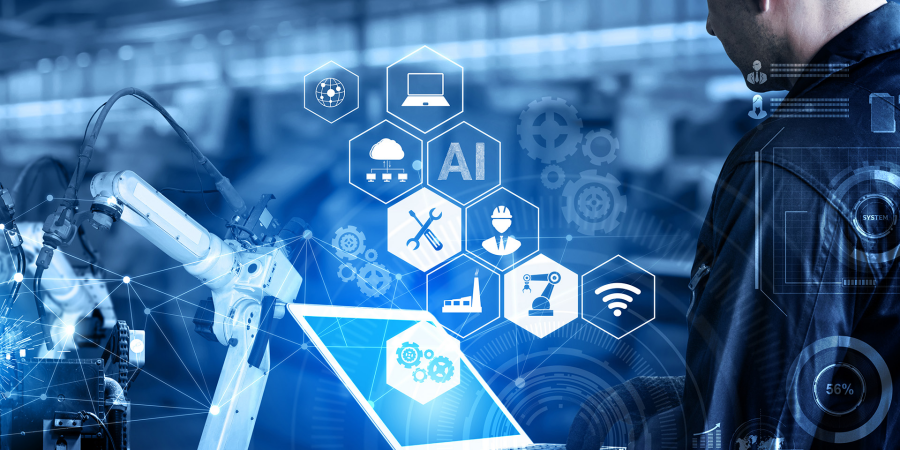

Robotics Process Automation (RPA) is revolutionizing industries, particularly in manufacturing, paving the way for the Factory of the Future. In this paradigm shift, traditional manufacturing processes are being transformed by the integration of robotics, artificial intelligence (AI), and automation technologies. The Factory of the Future is characterized by agility, efficiency, and adaptability, enabled by advanced RPA systems.
At the heart of the Factory of the Future lies the seamless integration of robots into various aspects of production. These robots are equipped with sophisticated sensors, actuators, and AI algorithms, allowing them to perform tasks with precision and autonomy. From assembly lines to warehousing operations, robots handle repetitive and labor-intensive tasks with speed and accuracy, freeing up human workers for more complex and creative endeavors.
One of the key benefits of RPA in the Factory of the Future is the optimization of production processes. By automating routine tasks, RPA systems minimize errors and reduce cycle times, leading to higher productivity and throughput. Moreover, these systems can adapt to changing demand and production requirements in real-time, ensuring maximum efficiency and flexibility on the factory floor.
Another significant advantage of RPA is its impact on cost reduction. By replacing manual labor with robotic automation, manufacturers can significantly lower labor costs while improving overall operational efficiency. Additionally, RPA systems require minimal maintenance and can operate 24/7, further enhancing cost-effectiveness and ROI for businesses.
Furthermore, RPA plays a crucial role in enhancing quality control and product consistency. Robots equipped with advanced sensors and vision systems can detect defects and anomalies with greater accuracy than human inspectors. This results in higher quality products and fewer defects, ultimately enhancing customer satisfaction and brand reputation.
In the Factory of the Future, RPA goes beyond traditional robotic arms on the assembly line. Collaborative robots, or cobots, work alongside human workers, enhancing productivity and safety. These cobots are designed to be easily programmable and can adapt to different tasks and environments, making them invaluable assets in modern manufacturing facilities.
Moreover, RPA facilitates data-driven decision-making through the collection and analysis of vast amounts of operational data. AI algorithms process this data in real-time, providing insights into production trends, performance metrics, and predictive maintenance needs. By leveraging this information, manufacturers can optimize processes, reduce downtime, and make informed strategic decisions.
In conclusion, Robotics Process Automation is driving the transformation of traditional manufacturing into the Factory of the Future. By harnessing the power of robotics, AI, and automation technologies, manufacturers can achieve higher productivity, lower costs, and greater agility in today's competitive market landscape. While challenges remain, the benefits of RPA are clear, paving the way for a more efficient, adaptable, and sustainable future of manufacturing.
